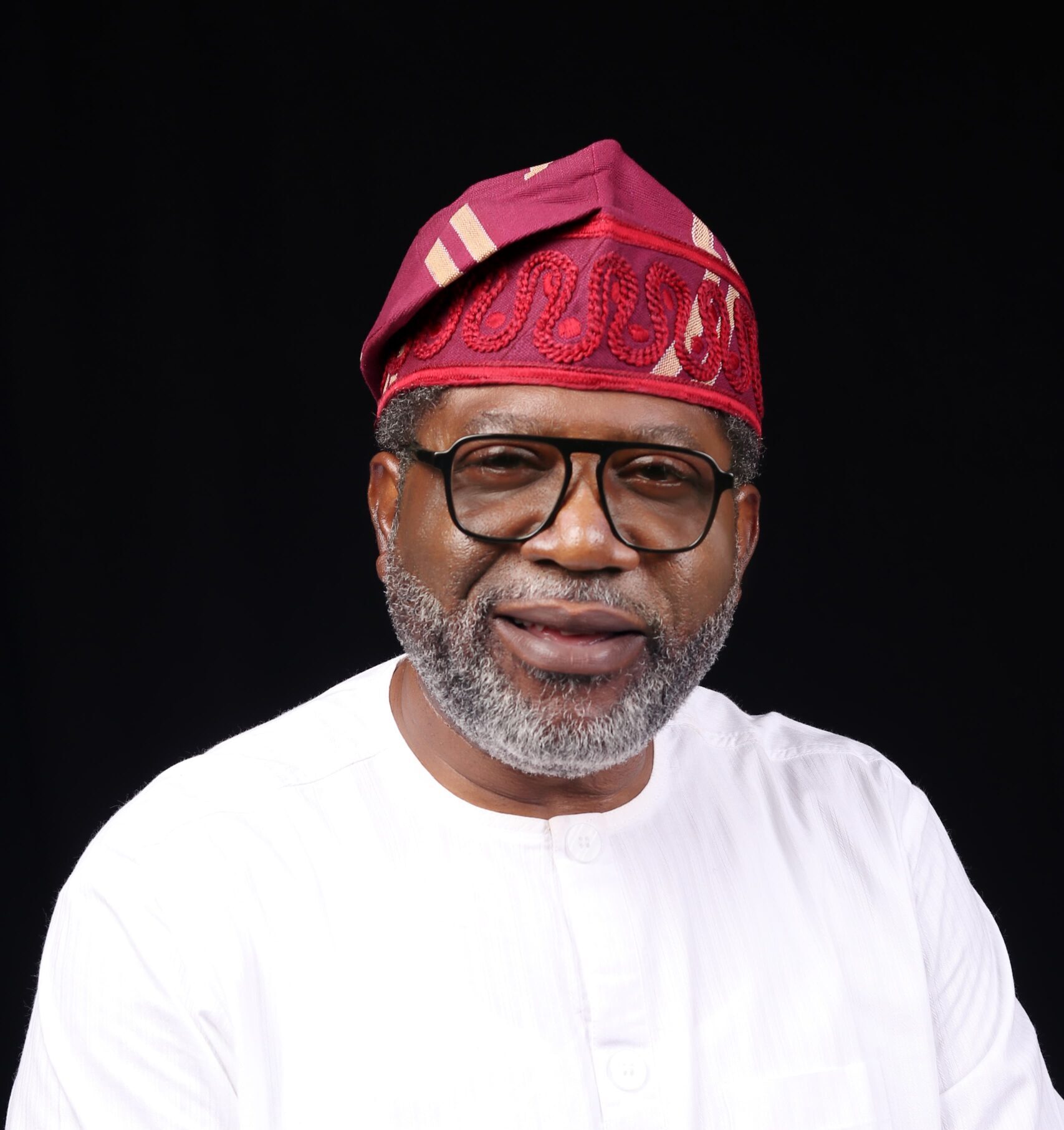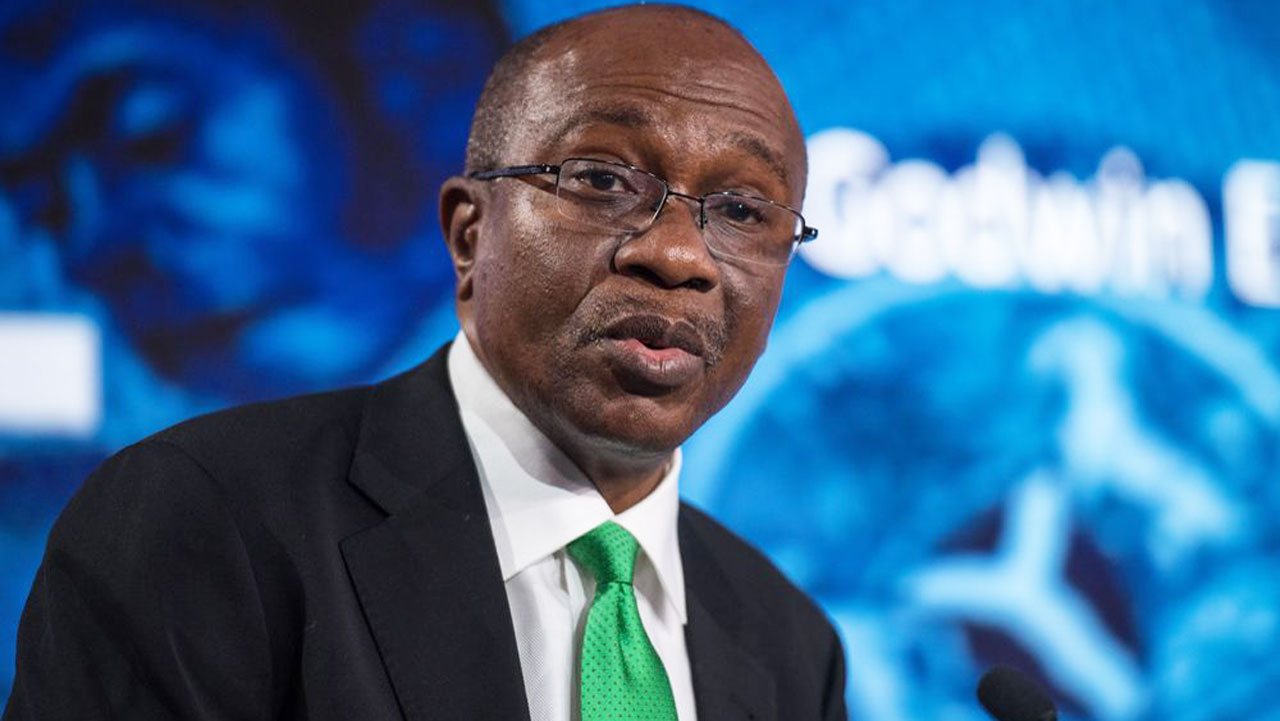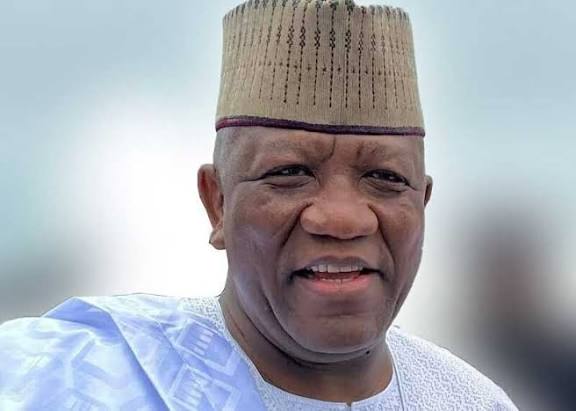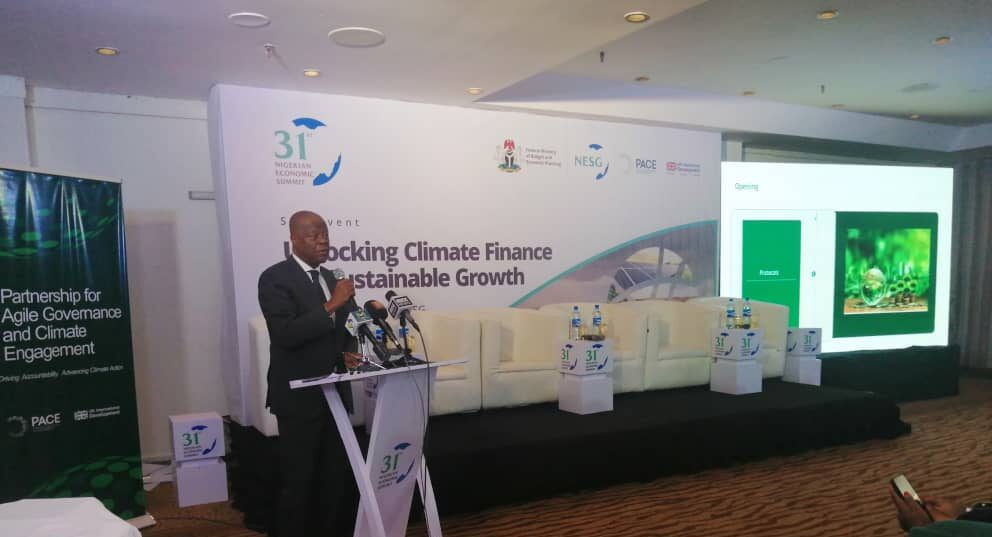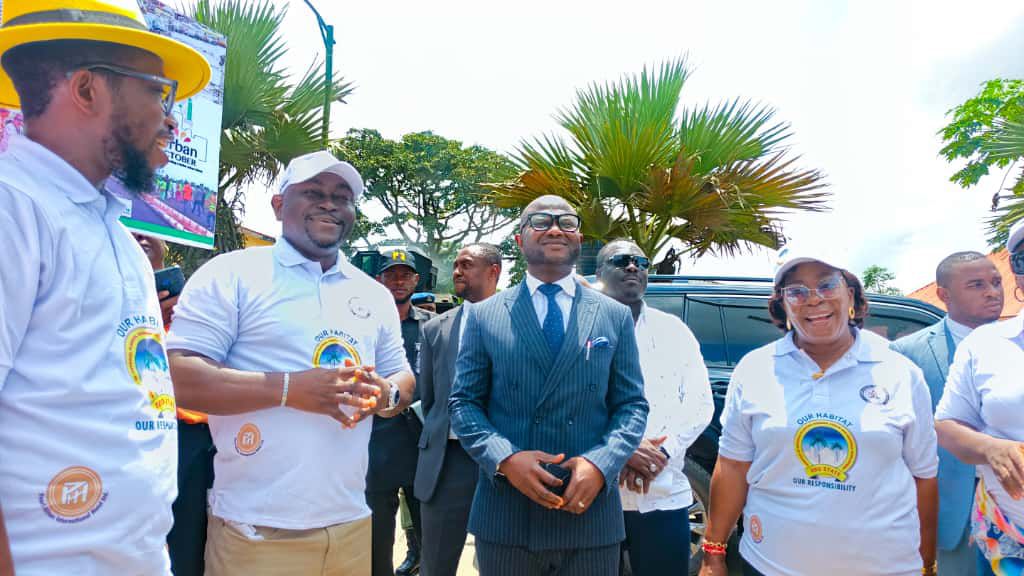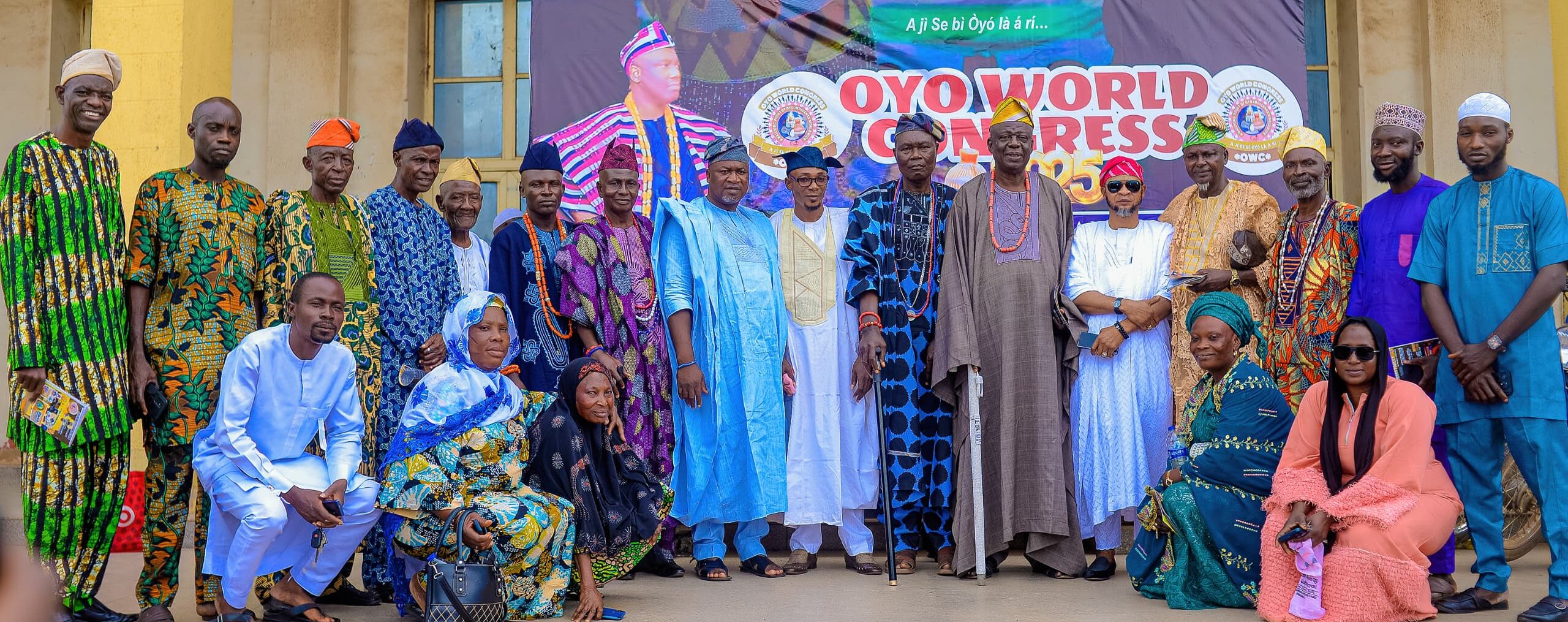Nigeria’s Minister of Finance and Coordinating Minister of the Economy, Wale Edun, has disclosed that the country is spending as much as $2 trillion annually on climate action, even as financing gaps to meet climate targets persist.
Edun made this statement at a high-level side event of the 31st Nigerian Economic Summit Group (NESG), held on Monday, October 6, 2025, at the Transcorp Hilton Hotel, Abuja. The event also marked the official launch of the PACE Climate Finance Guide in partnership with the UK Government under the theme: “Unlocking Climate Finance for Sustainable Growth.”
“Climate action is not a burden; it is an investment,” said Edun. “It’s about investing in jobs, health, education, security, and ultimately, the well-being of our children.”
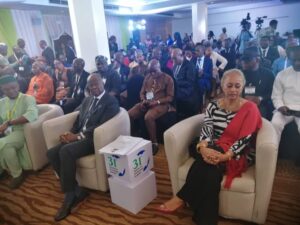
The Minister decried the lack of global climate finance reaching developing countries despite longstanding promises.
“We were told $100 billion would flow annually to developing countries for climate action, but year after year, the promise is breached,” he added. “Yet, global spending on climate action reached $2 trillion in 2024. That’s where the money is, and we must align to access it.”
Nigeria Launches PACE Climate Finance Guide to Unlock Billions in Green Investment
The event also witnessed the official unveiling of the Partnership for Agile Governance and Climate Engagement (PACE) Climate Finance Guide, a toolkit designed to help Nigerian ministries, states, businesses, and communities access global climate finance.

The guide offers practical steps for developing bankable, job-creating green projects that qualify for financing from institutions such as the Green Climate Fund and the African Development Bank.
Edun stated that the guide would “equip Nigeria’s subnational governments and private sector with the tools to secure the billions of dollars available for green growth.”
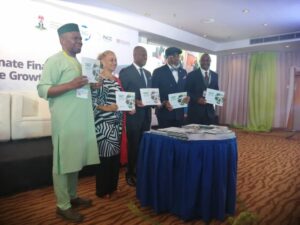
UK Government: Nigeria Faces $20 Billion Climate Finance Gap Annually
Speaking at the launch, Cynthia Rowe, Director of Development at the British High Commission in Nigeria, stressed the urgency of climate investment, revealing that Nigeria faces a $20 billion annual shortfall in financing its climate action goals.
“Jigawa alone lost over 7,300 hectares of farmland and displaced 9,000 people due to flooding. With the right investment in resilient housing and early warning systems, we can move from disaster response to long-term resilience,” she said.
In Kano, the UK is supporting waste-to-energy projects to convert the city’s 3,000 tons of daily waste into a source of clean power. “This is how we turn crisis into opportunity,” she noted.
Rowe described the PACE Climate Guide as “more than a document, it’s a catalyst,” adding that it helps translate Nigeria’s climate plans into tangible results by bridging policy, innovation, and finance.
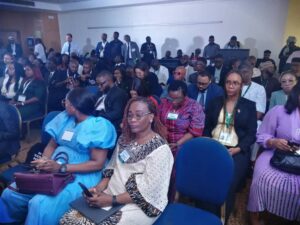
“Climate Finance Is Not Charity, It’s Smart Capital,” Says Finance Minister
Edun emphasized that climate finance must be viewed through an economic lens.
“This is smart capital directed toward infrastructure, innovation, technology, and people. It will define our future,” he said, urging all sectors to “see climate action not as a cost, but as a growth strategy.”
He also revealed that the government has established a Green Growth Office under the Ministry of Finance to coordinate climate-aligned investments and reforms.
PACE Team to States and Businesses: ‘Are You Prepared to Unlock Climate Funds?’
Ifeanyi Peters U., National Team Lead of the PACE program, challenged state governments and businesses to rise to the occasion.
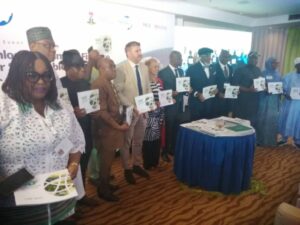
“There are billions in available funds for green infrastructure, jobs, and food security but the key question is: Are you ready? Can you develop bankable projects? Do you meet the minimum criteria?” he asked.
He noted that while some climate funds come in the form of grants, many are available as low-interest investments, but require accountability, clear project design, and sustainability.
Basil Obasi, Public Financial Management Advisor for the PACE program, added that PACE is working with Nigerian states to help them access untapped resources.



